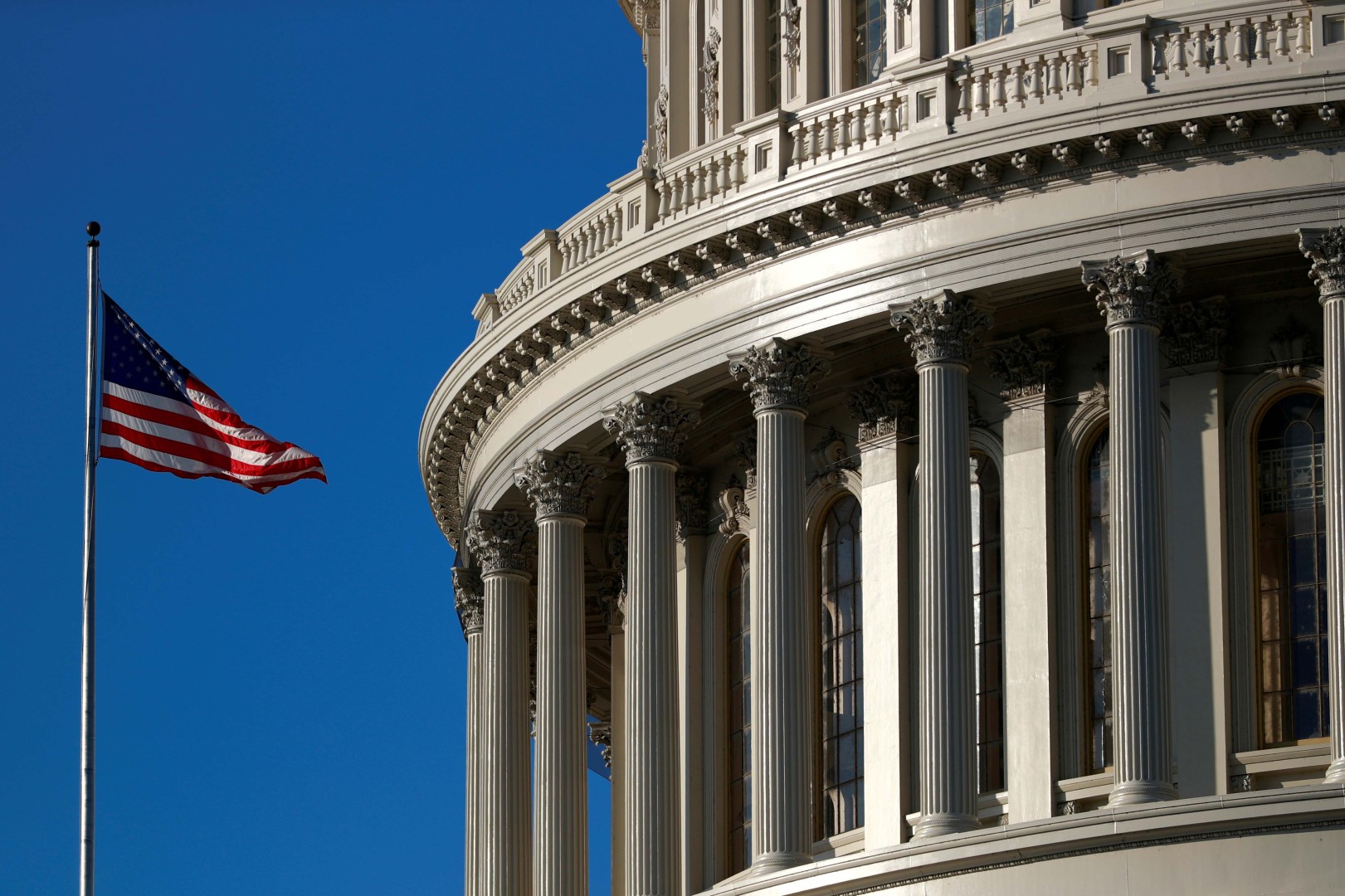
Sen. Chuck Schumer, Majority Leader: “The consequences of a default would be, in the words of Secretary Yellen, catastrophic. The best case scenario. Is the best case under this awful situation is that our country would fall into another recession, potentially erasing all the progress we have made to pull ourselves out of the COVID crisis. That is, if we’re lucky. Otherwise, one analysis warned that default could hurt Americans for generations, for generations.”
“The only reason we are here, the only reason this is even a possibility, is because Republicans are making this a possibility. By preventing the government from paying its bills, its unhinge its an unhinged position to take; one that not long ago only the most radical elements of the Republican Party would have embraced. There is no scenario in God’s green earth where it should be worth risking millions of jobs, trillions in household wealth, people’s Social Security checks, veterans benefits and another recession just to score short term, meaningless political points. That’s what Republicans seem fixated on doing.”
Sen. Mitch McConnnell, Minority Leader: “As we speak, Democrats are behind closed doors, assembling a multitrillion dollar reckless taxing and spending spree. There’s no chance Republicans will help lift Democrats credit limit, so they can immediately steamroll through a socialist binge that will hurt families and help China. There’s no particular tradition that the minority will always vote for debt limit hikes during united government. When Republicans had unified control in the early 2000s, then Senators Biden and Schumer voted no on a debt limit increase and made the party in power, had it on their own. Exactly the situation we’re in now. The roles were reversed.”
“Democrats want to use those temporary pandemic as a Trojan horse for permanent socialism. They’ve all but said so, and that is what millions and millions of Americans elected 50 Republican senators to fight against.”










